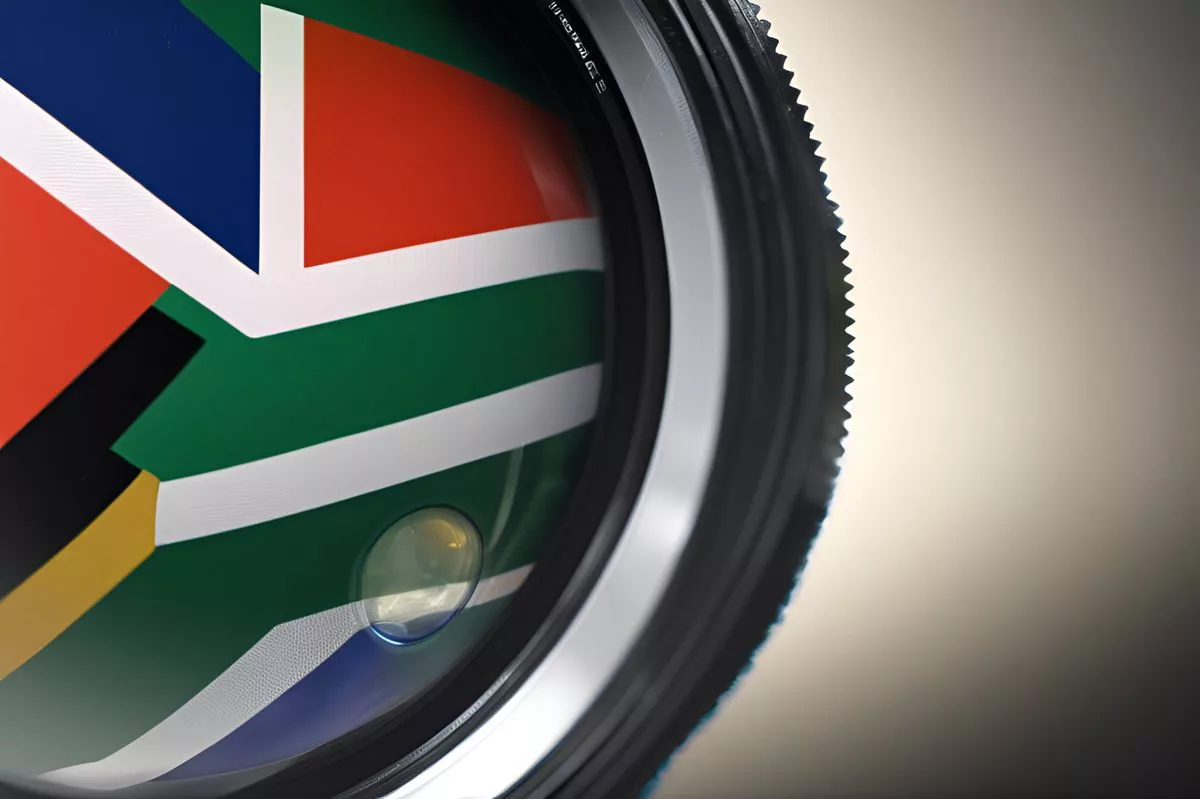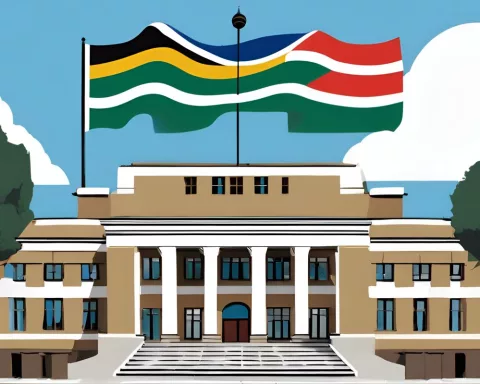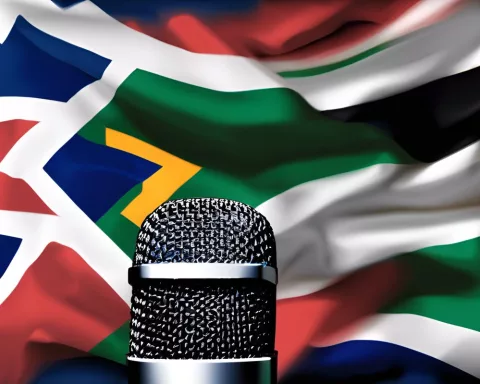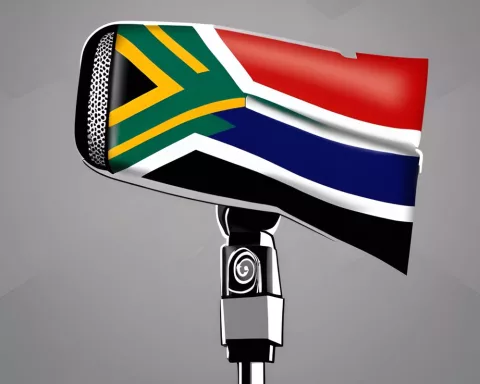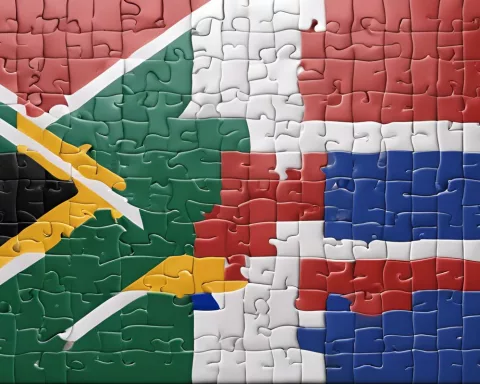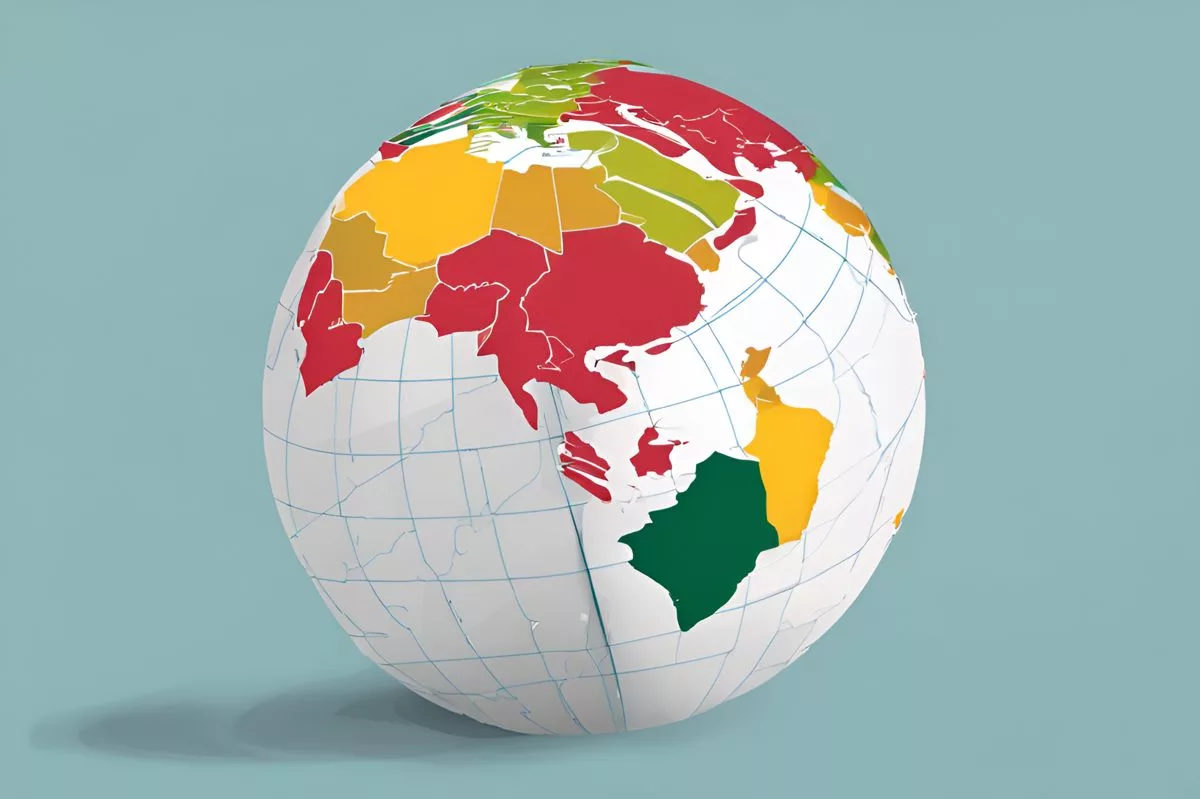The Parliament of South Africa has extended the deadline for media accreditation for the 2024 Parliamentary Opening to align with digital trends in media. The growing appetite for coverage of the event highlights the media’s indispensable role in promoting public consciousness and transparency in democratic processes. The deadline for online submissions has been extended to Monday, 8th July, at 12:00 noon and applicants must provide essential information, including their roles, media organization, and contact details. Parliament’s proactive approach towards public engagement and education is a laudable move towards encouraging democratic values and transparency.
What is the extended deadline for media accreditation for the 2024 South African Parliamentary Opening?
The Parliament of the Republic of South Africa has extended the online media accreditation submission period for the 2024 Parliamentary Opening. The extension is in line with current digital trends in media and highlights the media’s crucial role in promoting transparency and public consciousness in democratic processes. The deadline is now extended to Monday, 8th July, at 12:00 noon.
In a first-of-its-kind move, the Parliament of the Republic of South Africa has extended the submission period for online media accreditation for the 2024 Parliamentary Opening. This is in line with the growing appetite of media professionals to cover this significantly historical event.
Embracing Digital Trends in Media
The digital age has brought about substantial shifts in the realm of journalism. The Parliament’s decision to extend the online registration period aligns with these evolving trends. More so, the extension underlines the media’s crucial role in democratic processes, particularly in promoting transparency and public consciousness.
The initial deadline is now extended to Monday, the 8th of July, at 12:00 noon. This serves as a final reminder for those media personnel who are yet to register for accreditation. The required information for the application comprises of the full name as it appears on the ID document, an ID or passport number, and the name of the corresponding media organization and media group.
Media’s Role in Democratic Society
The media’s indispensable role in democratic societies cannot be overstated. It acts as an information channel, linking the government with the citizens, and vice versa. Media coverage of the Parliamentary Opening offers an opportunity for the public to understand the government’s proposed plans and policies, thus fostering an informed society.
For the registration process, applicants need to specify their roles, such as freelancer, media analyst, or service provider. It is obligatory to state under which media organization the accreditation is being pursued, irrespective of the applicant’s role. Essential contact details, including an email address and phone numbers, also need to be provided.
Additionally, any media planning to broadcast directly from the location of the Parliamentary Opening must submit further information. This includes the make and registration details of vehicles for broadcasting, clearance certificates for temporary broadcast-related structures from service providers, other equipment details, and the estimated timings for arrival and departure.
Assistance and Public Engagement
Parliament has assigned Manelisi Ntsodo and Mlindi Mpindi to assist with media accreditation. Their contact details have been made accessible to the public, ensuring seamless communication.
Parliament has also taken initiatives to educate the public on its operations. An example of this is the President’s attendance at sessions of the National Assembly without a vote. This seemingly minor detail substantiates the President’s role as an observer and a contributor in parliamentary proceedings.
Parliament further encourages public participation by providing several options such as organizing a tour, facilitating attendance at a debate, and providing directions and contact details for easy access. This proactive approach towards public participation is a laudable move towards encouraging democratic values and transparency.
Moreover, Parliament emphasizes the contributions of its members. For instance, Mr Sphesihle Zondi, from the Democratic Alliance, is featured as a testament to individual achievements within the parliamentary framework.
In sum, extending the online media accreditation deadline for the 2024 Parliamentary Opening is a significant stride towards fostering media participation in democratic processes. It underscores Parliament’s recognition of the media’s crucial role in disseminating vital information to the public, nurturing an informed and participatory society. This development is a positive indication of a future with increased transparency and public involvement as we anticipate the Parliament’s opening event.
Who can apply for media accreditation for the 2024 South African Parliamentary Opening?
All members of the media, including freelancers, media analysts, and service providers, can apply for accreditation for the 2024 South African Parliamentary Opening. Applicants must provide essential information about their roles, media organization, and contact details.
What information is required to apply for media accreditation for the 2024 South African Parliamentary Opening?
Applicants for media accreditation for the 2024 South African Parliamentary Opening must provide their full name as it appears on their ID document, an ID or passport number, the name of the corresponding media organization and media group, and essential contact details, including an email address and phone numbers.
What is the deadline for online submissions for media accreditation for the 2024 South African Parliamentary Opening?
The deadline for online submissions for media accreditation for the 2024 South African Parliamentary Opening has been extended to Monday, 8th July, at 12:00 noon.
Can media broadcast directly from the location of the 2024 South African Parliamentary Opening?
Yes, media can broadcast directly from the location of the 2024 South African Parliamentary Opening. However, they must submit further information, including the make and registration details of vehicles for broadcasting, clearance certificates for temporary broadcast-related structures from service providers, other equipment details, and the estimated timings for arrival and departure.
How can the public participate in parliamentary proceedings?
The Parliament of South Africa encourages public participation by providing several options, such as organizing a tour, facilitating attendance at a debate, and providing directions and contact details for easy access. In addition, Parliament emphasizes the contributions of its members and takes initiatives to educate the public on its operations.
How can applicants receive assistance with media accreditation for the 2024 South African Parliamentary Opening?
Manelisi Ntsodo and Mlindi Mpindi have been assigned by the Parliament of South Africa to assist with media accreditation. Their contact details have been made accessible to the public, ensuring seamless communication.

